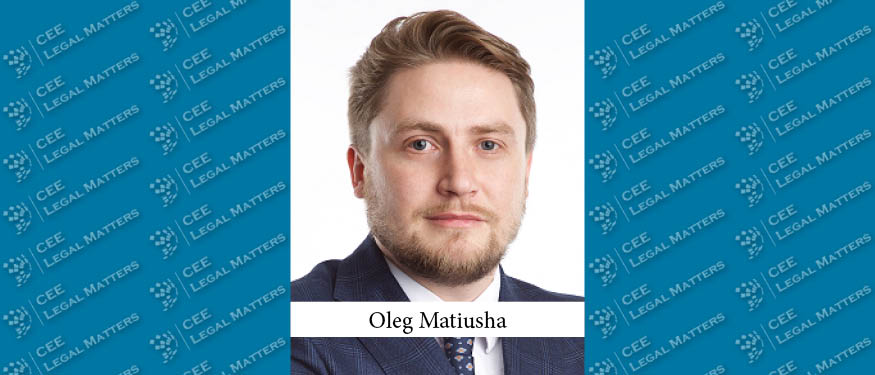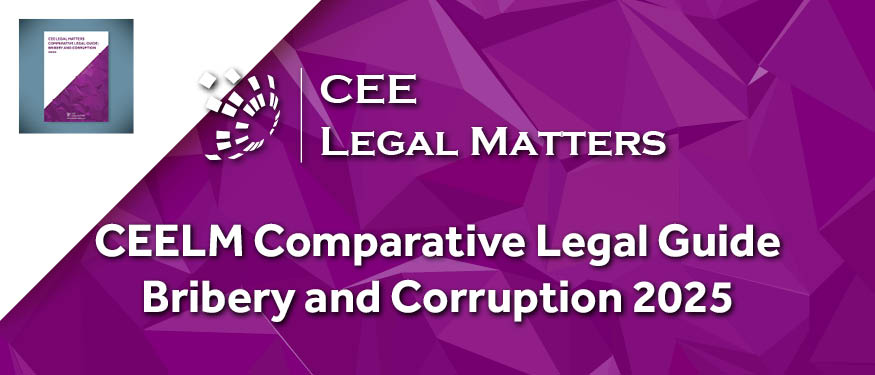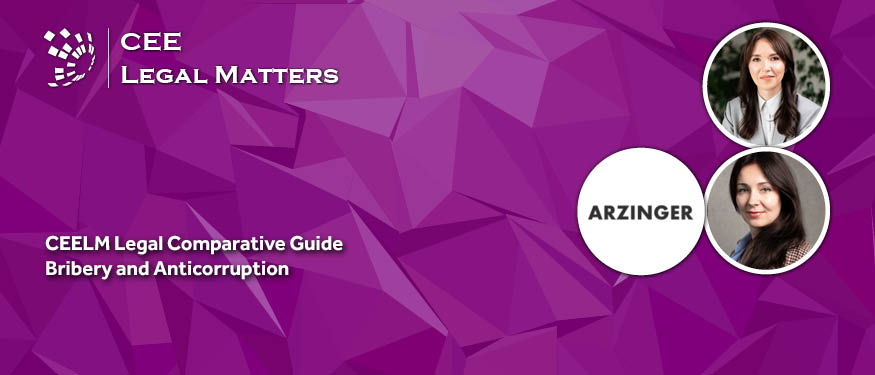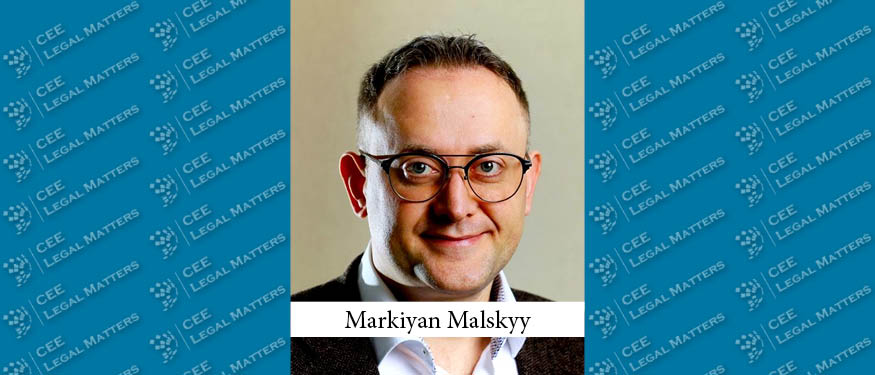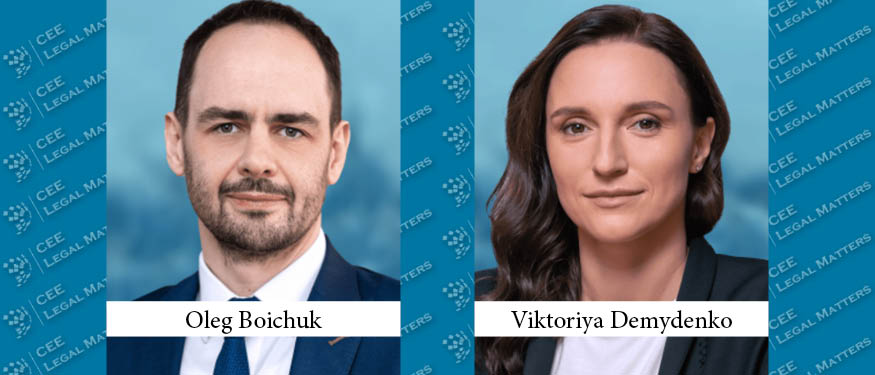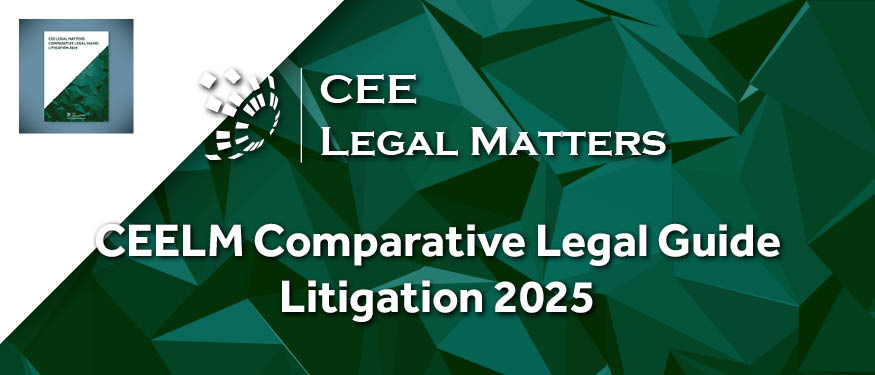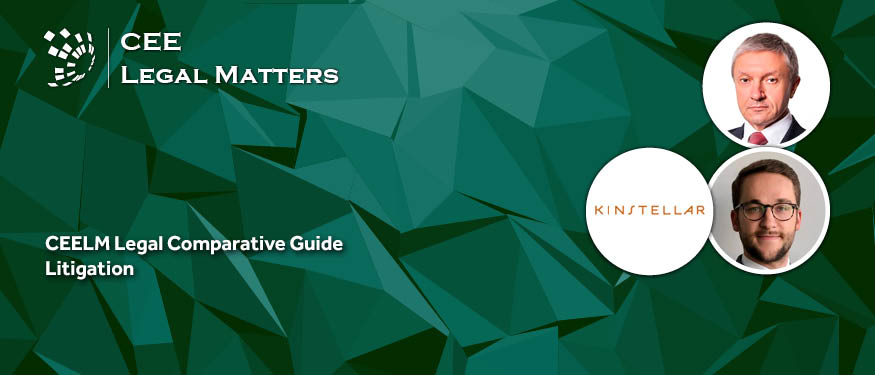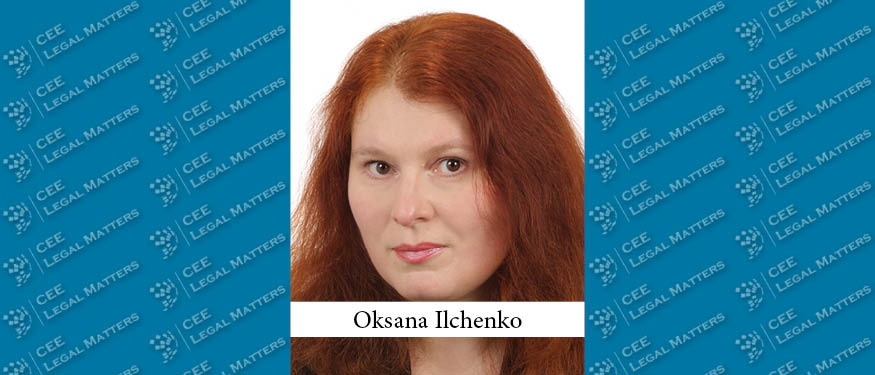CMS has advised the Investment Fund for Developing Countries on its EUR 7 million subordinated debt investment in Bank Lviv.
Integrites Represents Elba Basincli Dokum and Eleks Dis Antidumping Investigation
Integrites has represented Elba Basincli Dokum and its trading arm Eleks Dis in the Ukrainian antidumping investigation into imports of radiators for heating originating from Turkiye and the People’s Republic of China.
Hot Practice in Ukraine: Oleg Matiusha on Kinstellar's Infrastructure Practice
Ukraine's infrastructure sector is experiencing heightened activity driven by urgent reconstruction needs and modernization efforts following the impact of the war with Kinstellar Partner Oleg Matiusha expressing cautious optimism over the significant opportunities awaiting investors as recovery efforts accelerate.
Asters Advises Shark Robotics on Delivery of Colossus Firefighting Robots to Ukraine
Asters has advised Shark Robotics on the supply of 40 AI-powered Colossus firefighting robots to Ukraine’s State Emergency Service under a French-Ukrainian grant program.
Integrites Advises Wartsila Energy Solutions and Chernihiv Municipality on FUIF Financing
Integrites has advised Wartsila Finland and the municipal enterprise Teplokomunenerho of Chernihiv City Council on securing public financing from the Finnish-Ukrainian Investment Facility.
DAC7-Like Reporting Rules – What Will Be Expected from Online Platform Operators?
With the rise of digital platforms and the possibilities that the internet provides for businesses, more and more sellers are able to offer goods and services via these platforms and the internet. In this context, it has been difficult for the Ukrainian tax authorities to trace the flow of goods and services as well as to identify sellers to ensure that these goods and services are duly taxed.
Closing: Getin Holding's Sale of Idea Bank Ukraine to TAS Group Now Closed
On April 24, 2025, Sayenko Kharenko announced that Getin Holding's sale of Idea Bank Ukraine to TAS Group (as reported by CEE Legal Matters on October 25, 2024) has now closed.
CEE Legal Matters Comparative Legal Guide: Bribery & Corruption 2025 is Now Out!
CEE Legal Matters is proud to introduce the latest in our Comparative Guides series. This one focuses on Bribery & Corruption in CEE.
Bribery and Corruption in Ukraine
Contributed by Arzinger.
Sergiy Denisenko and Pavlo Byelousov Join Forces to Set Up Bono Legal
Former Aequo Partners Sergiy Denisenko and Pavlo Byelousov have established the Bono Legal law firm.
Markiyan Malskyy Becomes New Arzinger Managing Partner
Markiyan Malskyy was appointed as Arzinger's new Managing Partner, taking over from Founding and Senior Partner Timur Bondaryev.
Baker McKenzie Advises Kingspan Group on EUR 280 Million Building Technology Campus in Ukraine
Baker McKenzie has advised Kingspan Group on the pre‑construction phases of its EUR 280 million building technology manufacturing campus near Lviv, Ukraine.
Amendments to Legislation on Protection of Rights of Bona Fide Purchasers
On 9 April 2025, Law of Ukraine № 4292-IX "On Amendments to the Civil Code of Ukraine on Strengthening the Protection of Rights of Bona Fide Purchaser" (Law No. 4292-IX) came into force. A bona fide purchaser is a person who acquired property under а repayment contract from another person who had no right to alienate it, provided that the purchaser did not know and could not have known about this.
Ukraine: Enhancing the Protection of Bona Fide Owners' Rights
On 9 April 2025, Law of Ukraine No. 4292-IX On Amendments to the Civil Code of Ukraine on Enhancing the Protection of Bona Fide Owner's Rights (the "Law") came into force. The Law aims to enhance the protection of bona fide owners' rights by establishing a time limit for the reclamation of real estate of such bona fide owners and providing compensation to them for such reclamation.
CEE Legal Matters Comparative Legal Guide: Litigation 2025 is Now Out!
CEE Legal Matters is proud to introduce the latest in our Comparative Guides series. This one focuses on Litigation in CEE.
Litigation in Ukraine
Contributed by Kinstellar.
Oksana Ilchenko Joins Sayenko Kharenko as Partner
Oksana Ilchenko has joined Sayenko Kharenko as a Partner.
Sayenko Kharenko Represents Reckitt Ukraine During Regulatory Inspection of Aerosol Product Labeling
Sayenko Kharenko has successfully represented Reckitt Benckiser Hygiene Home Ukraine during a regulatory inspection of aerosol product labeling conducted by the territorial division of the State Emergency Service of Ukraine.



